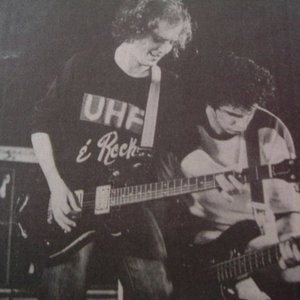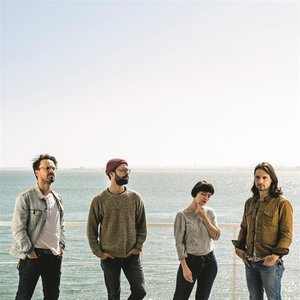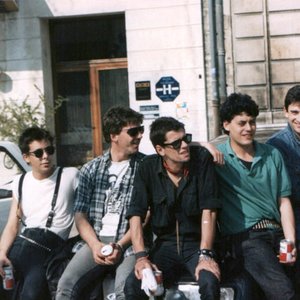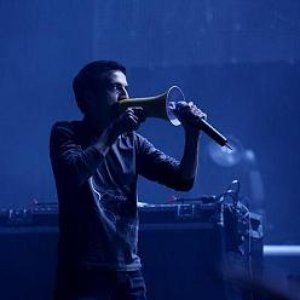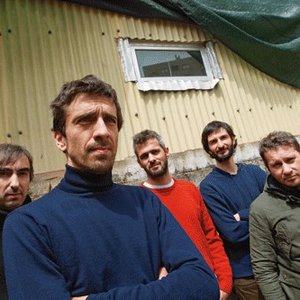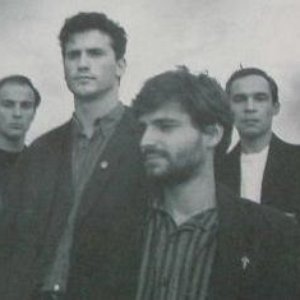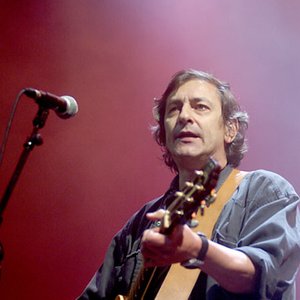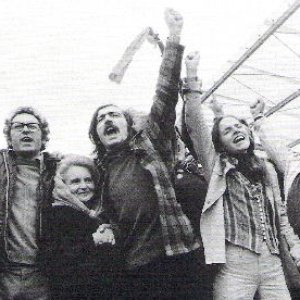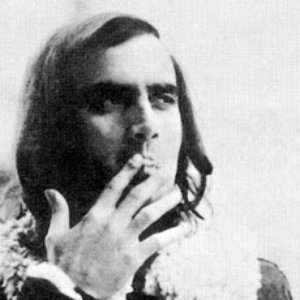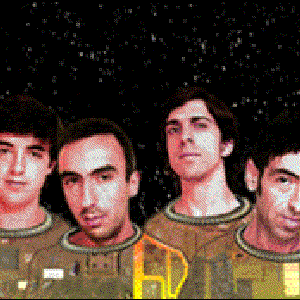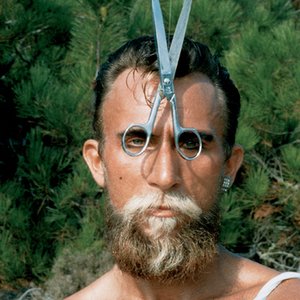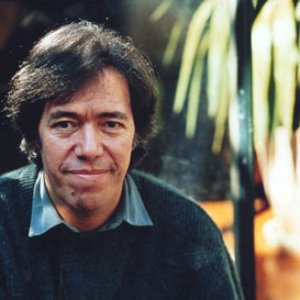Biography
-
Years Active
1985 – present (39 years)
-
Founded In
Braga, Braga, Portugal
-
Members
- Adolfo Luxúria Canibal
- António Rafael
Mão Morta, often likened to the Portuguese counterparts of Swans, owe their very existence to a serendipitous tip-off from Swans' bassist Harry Crosby. This revelation came to Joaquim Pinto when he attended a Swans concert in Berlin. Aligning with their American idols, this European ensemble embarked on a relentless quest for the rarest alternative sounds, infused with dark experimentation and enigmatic lyrics.
Some critics have drawn parallels to Nick Cave's early influences, yet Mão Morta stand out as a formidable presence in the Portuguese rock scene. Their journey traces back to 1984 in Braga, a northern Portuguese city, where the initial lineup took shape with Pinto on bass, Miguel Pedro on guitar, and Adolfo Luxuria Canibal as the vocalist. Merely two months after their formation, the band graced the stage for their inaugural live performance, earning accolades from critics who sensed an emerging, untapped wave in Portuguese music.
In 1985, Ze dos Eclipses joined the band as their bass player, prompting Pedro's transition to drums. After three years marked by impassioned performances, Mão Morta released their eponymous debut album, which garnered attention. The same year, they opened for Wire and Nick Cave & the Bad Seeds in Lisbon. Their dramatic and unconventional performances further attracted attention when Canibal, in 1989, cut himself with a knife live on stage, purportedly to ignite the crowd.
The following year saw the release of their second album, "Corações Felpudos," just before they opened for the Young Gods. In 1991, amid lineup changes, "O.D. Rainha do Rock & Crawl" emerged as their third album, gaining recognition in Europe. "Mutantes S.21," delivered in 1992, marked their breakthrough on the Portuguese charts and featured the standout track, "Budapeste." In 1997, "Müller No Hotel Hessischer Hof" paid homage to German drama master Heiner Müller, while 1998 brought "Há Muito Tempo Que Nesta Latrina o Ar Se Tornou Irrespirável." Finally, in 2001, Mão Morta presented "Primavera de Destroços," adding another chapter to their musical journey.
Artist descriptions on Last.fm are editable by everyone. Feel free to contribute!
All user-contributed text on this page is available under the Creative Commons Attribution-ShareAlike License; additional terms may apply.

